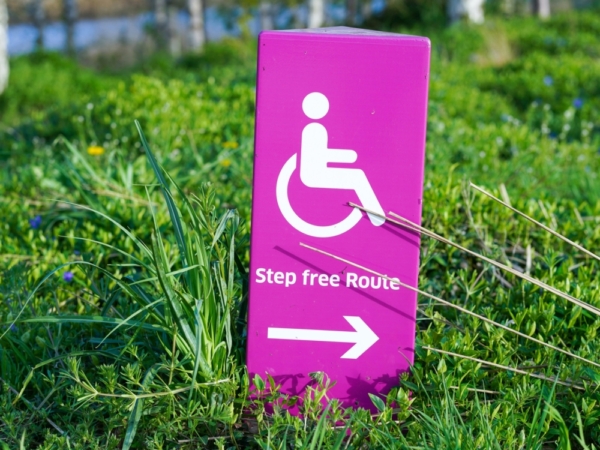September 2025
Tirohanga Whānui | Overview
The New Zealand Council of Christian Social Services (NZCCSS) welcomed the opportunity to respond to the refresh of the New Zealand Disability Strategy. We completed their online survey. Below is a summary of our main points on this work.
Taunakitanga | Recommendations
We recommended the inclusion of ‘and just’ into the vision statement, to read that ‘New Zealand is an accessible, equitable and just society for disabled people and their whānau’.
We recommended that the strategy be more explicit in recognising the importance of not only respect and dignity, but of mana.
We recommended that systems that support tangata whaikaha be accountable and transparent, with clear evaluation that aligns with the aspiration of the disabled person themselves.
We recommended the return of the wage supplements that were scheduled to replace Minimum Wage Exemption under Budget 2023 and subsequently scrapped.
We recommended that unpaid roles (and volunteering) be included specifically, but distinct from the employment section to ensure that the employment protections are not impacted.
We strongly supported the inclusion of te ora te whānau and ‘nothing about us without us’.
We recommended wider inclusion and specific reference of mātauranga Māori, including tikanga, rongoa, and other aspects of te Ao as they may relate to tangata whaikaha Māori.
We acknowledged that while practice in this space is and should be strengths and aspirations focused, the mechanisms and gateways for accessing them is still through a medical model of deficit. We recommended that this be addressed as part of wider health reform.
We recommended stronger action to support pathways to home ownership for disabled people, as well as supports to increase provision of accessible housing in the private rental market, not just the social housing stock.
We acknowledged the recently released supported decision-making resources and supported the ongoing with to empower disabled people to use this pathway as needed, as well as recommending the increased understanding and use of diverse receptive and expressive communication methods.
We recommended including specific mention of development, funding and implementation in relation to social investment planning.
We noted that there is a need for specific focus on the overlap between disability and ageing, and the need for a clear understanding of the difference between ‘ageing while disabled’ and ‘disability acquired through ageing’.
We acknowledged the historical issues around data and information sharing that have been an issue for those engaging with government systems, and the widespread need for data sharing and management to be improved for this strategy to be realised.
We noted that the strategy uses Te Tiriti o Waitangi and The Treaty of Waitangi interchangeably, without making note of the key differences between these two documents or clarifying if they are referring to the English translation of Te Tiriti. We advised clarification and understanding in this area.
We noted strongly that the content of our submission was sourced from the perspective of experienced providers of disability support services, not disabled people themselves. We supported and continue to support the voices and lived experiences of disabled people and tangata whaikaha Māori being at the heart of this work.
Ingoa whakapā | Contact Name
Alicia Sudden [email protected]
Rachel Mackay
